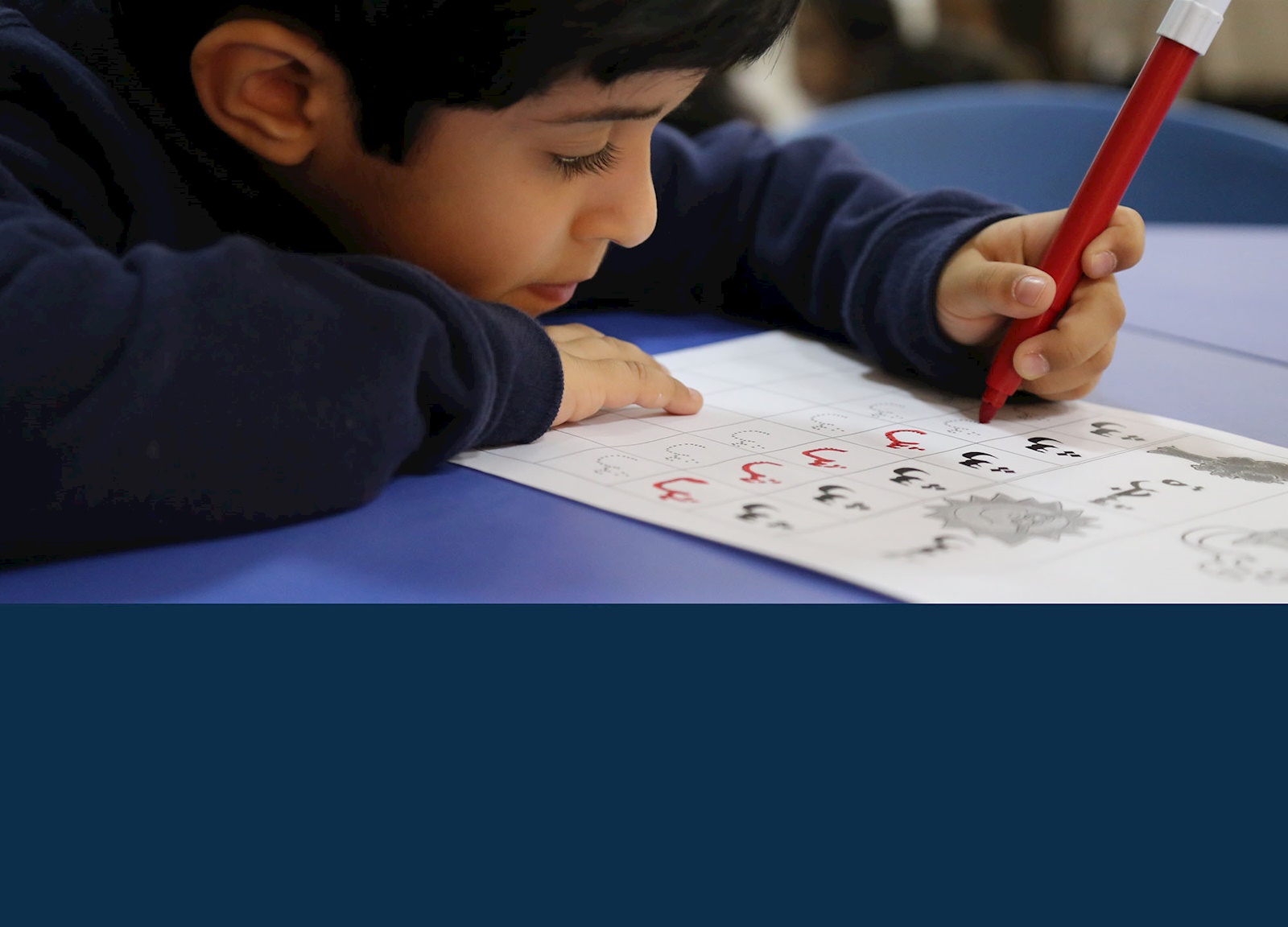AIS is committed to ensuring the proud Emirati culture, history, and identity the importance it deserves with students from ELC to Grade 10 studying the Arabic language, with provisions for both native and non-native learners in Grades 11 and 12 depending on their course of study. Developed and constructed in conjunction with and aligned to English units of work, AIS students, both native and non-native, are taught to understand concepts and curriculum content in both the Arabic and English languages. This ensures these subjects support the learning of both languages and are promoted as being of equal importance to the learners and parent community.
During Grade 11 and 12, the Senior Secondary phase of Arabic study, learners’ work and assessment is externally moderated. The Senior Secondary students are prepared for these standards through external moderation during the Primary and Secondary phases of learning. This provides standards for teaching staff and maintains the quality of the Arabic programs at AIS.
Lessons are taught each school day ensuring every student is given continual and cohesive learning and exposure in Arabic five times per week. The materials and lessons plans used for the Arabic units of work are based on the Ministry curriculum. The range of materials includes both hard copy resources (books, posters, student copy books, worksheets, and flashcards) and soft copy (video, computer programs). Some materials are produced by our teams of teachers whilst all are organised to match the genre being taught in the unit of work and the ability level of students.
Arabic as a subject and a language is developed to the same level of planning, teaching, and assessment as all subjects taught at the school and is planned to align with English. Many of the units of work focus on the Arab and UAE culture with the language further celebrated in school-wide events including assemblies, National Day, International Day, Mother Language Day, and graduation ceremonies.
At AIS it is important that learners are exposed to genuine and authentic Arabic literature. The school reading challenge encourages all students to read Arabic books and share their love of reading the language. Throughout the year authors’ visits are celebrated in the school library with Arabic authors sharing their books, reading stories, and encouraging young readers and writers to become authors. AIS also encourages and supports students to take part in a variety of internal and external Arabic competitions organised with the Ministry of Education and include reading challenges, essay writing, and oral presentations.
The school holds parent information sessions to provide information about curriculum, the ways Arabic is taught, and how families can support their children to learn and appreciate Arabic as a language. This includes the use of a home reader program where students are supplied with leveled reading books to read as part of daily homework.
The approach to teaching Arabic language and culture including practices, opportunities, and expectations is the same for and provided to all Arab and non-Arab students enrolled at the school. The curriculum is designed to meet the needs of non-Arab students who are taught how to communicate in Arabic in a variety of everyday situations, as well as units of work focused on the development and appreciation of the Arabic language and culture. Further to this, the Australian Curriculum History units of work, studied by all students, have been adapted to focus on the history and culture of the UAE.
